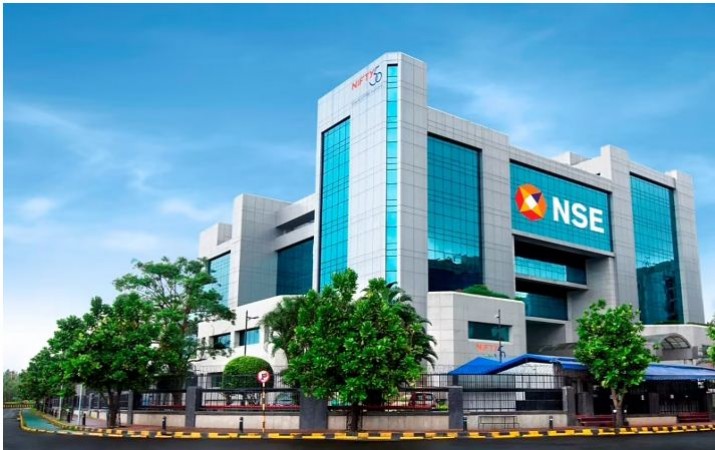
In a bid to curb volatility in small-cap counters, leading stock exchanges Bombay Stock Exchange (BSE) and National Stock Exchange (NSE) have implemented an improved surveillance mechanism for companies with a market worth of less than Rs. 500 crore.
The NSE and BSE said in two separate circulars on Friday that Sebi and exchanges in a joint meeting had resolved to adopt ESM framework for "micro-small" businesses (on the main board with a market capitalisation of less than 500 crore). Under the ESM framework, close-to-close price fluctuation and high-low price variation are among the criteria for shortlisting shares.
The trading for these securities will be settled using a trade-for-trade method with a price range of 5% or 2% (if the scrip is already in the 2% band), according to the framework, the exchanges stated. "Trading for securities in Stage II will be settled using a trade-for-trade process with a 2% price band. Once a week trading in these securities will be allowed, along with sporadic call auctions.
Also, the ESM framework will exclude from the shortlisting process the assets of public sector banks, public sector firms, and the securities on which derivative products are offered.
For a least of three months, the security must be a component of the framework. However, if a security is covered by Stage II of the framework, it must be covered by Stage 2 for at least one month.
The Exchanges said, if a security's close-to-close price variance is less than 8% over the course of a month after it has been trading for a month, it can advance to Stage I of the ESM framework. If securities no longer fit the entry criteria after three months in the framework, they may be eligible for staged exit, it said.
FPIs infuses Rs 43,838 crore in Indian Capital Market in May
MSCI India premium scales up to 8-month high
Weekend Markets: Watch prices of Gold, silver stocks and more